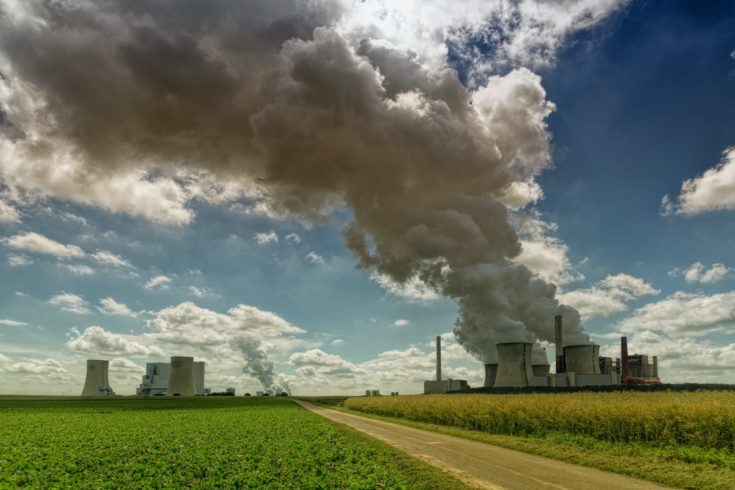Europe’s green energy initiatives are often recognized for cutting back greenhouse gas emissions.
In fact, EU greenhouse gas emissions were reduced by 24% between 1990 and 2019, according to the European Commission on energy, climate change, and environment.
But as countries in Europe decrease their impact on the environment by burning less coal and burning more wood in a method widely known as biomass, it’s proven to come at a cost for Black communities in America’s south.
When Europe’s green energy plans promised to use more renewable energy, including wind and solar power, the demand for wood increased. America’s south became Europe’s primary source for biomass, as reported in CNN.
“You don’t know what’s coming out of the smokestack,” Andrea Macklin told the publication during an interview regarding the pollution from the world’s largest biomass producer near his home. “That’s my main concern.”
Enviva reportedly opened its second facility in Garysburg, North Carolina, where Macklin and her family reside. The company converts trees with wood pellets – essentially what’s needed for Europe’s renewable energy sources. The company is one of many situated in the south to help countries thousands of miles away.
Based in Bethesda, Entiva operates nine large mills around the Southeast.
What’s concerning for many health experts is that not only is it counterproductive to cut down and burn trees for “renewable power,” but Europe is ultimately reducing its carbon emissions by outsourcing responsibility to the United States.
“Using wood deliberately harvested for burning will increase carbon in the atmosphere and warming for decades to centuries – as many studies have shown – even when wood replaces coal, oil or natural gas,” is what more than 800 scientists wrote to the European Parliament in 2018. Scientists asked leaders to amend a renewable energy directive to “avoid expansive harm to the world’s forests and the acceleration of climate change.”
When it comes to biomass, states in the south have become Europe’s main source. In North Carolina, for example, more than 164 acres of forests are reportedly cut down for the biomass for the industry each day.
As production increases, so does the risk of certain sicknesses in the south.
The latest data from the US Centers for Disease Control and Prevention (CDC) showed that more than one in 10 adults in Northampton County, where Macklin resides, had asthma in 2018. It’s also important to note that the county is predominately Black.
According to Southern Environment, wood as an energy source may technically be renewable, but burning it produces harmful pollutants besides CO2, such as nitrogen oxides, volatile organic compounds, hazardous air pollutants, and microscopic dust particles that contribute to serious health risks.
Enviva said it takes “environmental justice concerns raised with respect to our operations very seriously,” adding, “there is no negative impact on disadvantaged or minority communities from out plants or operations.”





